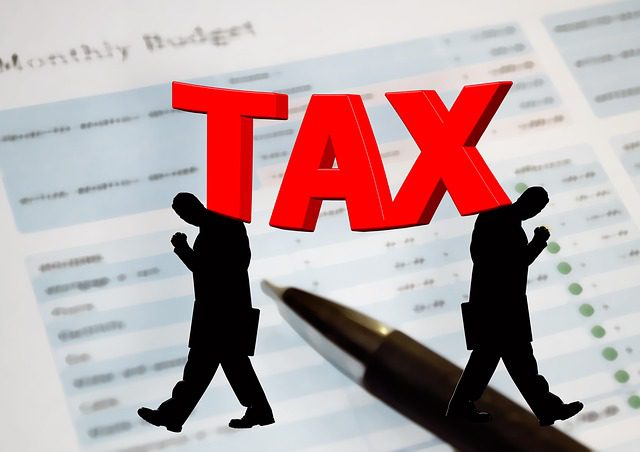After failing to replace Obamacare, again, Republicans are marshaling their energy to pass tax reform, again.
Here is the nine-page framework–with many details to be determined later–of the Republican tax plan: Unified Framework for Fixing Our Broken Tax Code.
Here are some highlights, from Business Insider. Go to the link for details and explanations about each bullet point:
Business tax changes:
- A 20% corporate tax rate.
- A 25% rate for pass-through businesses.
- Elimination of some business deductions, industry-specific incentives, and more.
- A one-time repatriation tax.
Personal tax changes:
- A bottom individual tax rate of 12%.
- A middle tax bracket of 25%. T
- The top individual tax rate of 35%.
- The possibility of a fourth, higher bracket.
- A larger standard deduction.
- Eliminates most itemized deductions.
- Increases the size of the child tax credit.
- Vague promises on retirement savings and other deductions.
- Elimination of the state and local tax deduction.
- Elimination of the estate tax.
President Trump is insisting that taxes for the wealthiest Americans not increase. So there may be an additional bracket or even a surcharge on the wealthy to keep that from happening.
Although most deductions will be eliminated, the deduction for mortages and charitable contributions will be retained. (Churches will appreciate that.)
The corporate tax rate would drop from 35% to 20%. The average in the industrialized world is 22.5%.
One goal is to simplify tax filing. If not reduce the form to the size of a post-card, at least to limit it to one page.
According to a recent poll, 68% of Americans believe the tax system needs either a “complete overhaul” (35%) or “major changes (33%). This is something people of all political persuasions can agree on, with 77% of Republicans, 70% of Independents, and 62% of Democrats wanting change.
Though tax reform would seem to be a popular political initiative, there would be complications getting it through Congress. Democrats will claim that any changes will help the wealthy. (Never mind that even the Scandinavian welfare states favored by Bernie Sanders have lower corporate tax rates than the United States does today.) On the other end of the spectrum, deficit hawks will worry that tax cuts will increase the deficit. And special interests will be fighting to protect their deductions.
A promising sign for the plan’s chances is that the House Freedom Caucus–the group of conservative lawmakers often in conflict with their party’s leadership–has announced it support.
Do you think this plan has a chance?
Might this initiative get the Republican Congress and the Trump presidency back on track? That is, would it show that they can “get something done” and push through measures that would be popular with the American people?
Illustration by geralt, via Pixabay, CC0, Creative Commons













